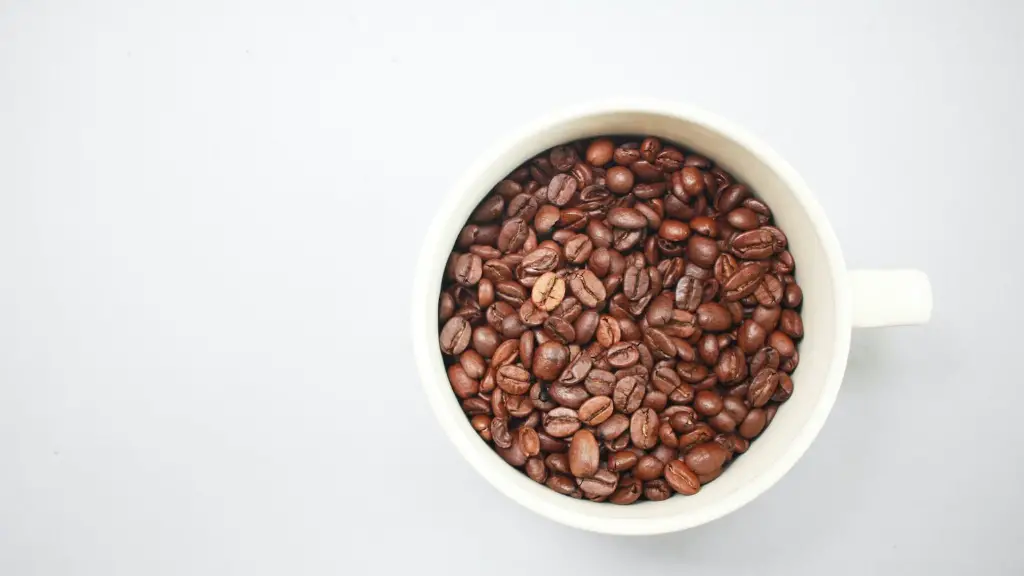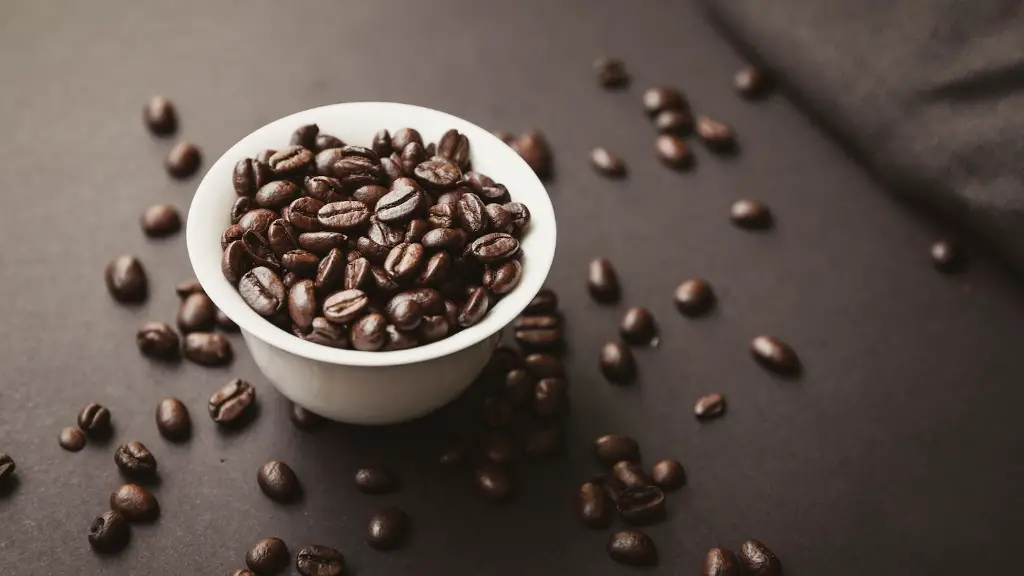Coffee is a popular beverage and can be a great pick-me-up when feeling tired or under the weather. However, when you are sick, it can be difficult to know if drinking coffee is the right thing to do.
Coffee is an acidic beverage which can irritate an already sensitive stomach when sick. It also contains caffeine, which can increase dehydration and worsen other symptoms associated with being ill.
Therefore, it is best to avoid coffee or caffeinated beverages while you are sick. This will allow your body to rest and heal without any additional stressors. Additionally, milder beverages such as herbal teas may help soothe your throat and provide hydration.
If you would like to drink coffee while sick, it is important to remember that moderation is key. Drinking too much coffee can lead to increased dehydration and unwanted side effects such as insomnia or nausea. Consider replacing some of your intake with decaffeinated options if needed.
Disadvantages of Drinking Coffee While Sick
Coffee is a popular beverage consumed by many on a daily basis. However, when we are sick, we need to be careful what we intake. Drinking coffee while sick can have some disadvantages and it is important to be aware of them. Caffeine present in coffee can cause dehydration and worsen the symptoms of colds and other illnesses. It can also affect your sleep patterns, making it harder for your body to rest and recover. Furthermore, drinking too much coffee can cause stomach issues such as nausea, heartburn, and abdominal pain. It may also interfere with certain medications. Therefore, it is best to restrict or completely avoid the intake of caffeine while sick.
What to Consider Before Drinking Coffee When Sick
It is common for people to reach for coffee when they are feeling under the weather. However, it is important to consider a few factors before drinking coffee while sick. Caffeine can cause dehydration and can increase symptoms of nausea and headaches. Additionally, caffeine can interfere with medications you may be taking for your illness. It can also worsen insomnia, which is already a common symptom of being sick.
It may be best to avoid caffeine altogether when you are feeling unwell, or at least limit your intake. If you do choose to drink coffee while sick, consider drinking decaffeinated varieties as an alternative to regular coffee. Decaffeinated coffee will still provide some of the same benefits as caffeinated coffee, such as antioxidants and minerals, without the potentially negative side effects of too much caffeine.
Finally, be sure to stay hydrated when you are sick. Drink plenty of water throughout the day and reduce your intake of caffeinated beverages like coffee or energy drinks. In some cases, herbal teas may also help soothe symptoms or provide additional nutrients that can help fight off an illness.
Can I Drink Coffee While Sick?
It is generally not recommended to drink caffeinated drinks such as coffee when unwell. Caffeine can act as a diuretic which can increase dehydration and worsen symptoms. Additionally, caffeine can increase heart rate and blood pressure, which may not be ideal for those feeling ill. It is best to opt for hydrating fluids like herbal tea or water when feeling unwell. That said, some people may find that a small amount of coffee helps alleviate nausea or headaches. If you do choose to drink coffee while sick, it’s important to monitor how it affects your body. Caffeine sensitivity varies from person to person, so it’s important to be aware of any potential side effects. Be sure to stay hydrated and monitor your symptoms when consuming caffeinated beverages while unwell.
How Much Caffeine is Safe to Consume When Not Feeling Well?
Caffeine can be a helpful tool if you’re not feeling well and need a pick-me-up. However, it is important to know how much caffeine is safe to consume when sick. Generally, the recommended amount of caffeine for adults is 400 milligrams per day. This should be the maximum amount consumed, especially if you are feeling unwell. If you are drinking coffee while sick, make sure to limit your intake to one or two cups at most.
It’s also important to consider the type of coffee you are consuming. Coffee with added ingredients like sugar and cream can add extra calories and fat that may not be ideal for someone who isn’t feeling their best. Opting for plain black coffee or an espresso can help reduce the amount of added ingredients and still provide a boost of energy from the caffeine.
Finally, it is important to pay attention to how your body reacts when drinking coffee while sick; too much caffeine can cause dehydration and worsen your symptoms. If you find yourself feeling jittery or experiencing any negative side effects after drinking coffee, it’s best to limit or avoid caffeine altogether until you feel better.
Effects of Caffeine on Weak Immune System
Caffeine can have a detrimental effect on a weak immune system. It can make it harder for the body to fight off infections and viruses. Caffeine also suppresses the body’s natural defences, making it more difficult for your immune system to fight back. High doses of caffeine can cause dehydration, which further weakens the immune system. In addition, caffeine can lead to increased levels of stress hormones in the body, which can further reduce the body’s ability to fight off illnesses.
When it comes to drinking coffee while sick, it is best avoided if your immune system is already weakened. If you must drink coffee while sick, then it is best to limit your intake and drink decaf coffee instead. Even though decaf still contains some caffeine, it is much lower than regular coffee and therefore won’t have such an adverse effect on your weakened immune system.
It is always important to look after your health and ensure that you are doing everything possible to maintain a strong and healthy immune system. Eating a balanced diet rich in vitamins and minerals will help strengthen your immune system and reduce the risk of getting sick in the first place. Also make sure that you are getting enough rest and exercise as this will also help boost your immunity.
Adjusting Caffeine Intake When Unwell
Caffeine is a stimulant found in coffee, tea, soda, and energy drinks. While it can provide a boost of energy when feeling fatigued, too much caffeine can cause jitteriness and dehydration. When unwell, it’s important to adjust your caffeine intake to get the maximum benefit while avoiding unwanted side effects.
The best way to adjust your intake is to start by limiting your consumption. Drink fewer caffeinated beverages than you normally would and avoid exceeding the recommended daily limit of 400 milligrams. You should also consider replacing some of your regular drinks with decaf or herbal tea as these contain fewer stimulants and may be gentler on your body.
It’s also important to pay attention to how your body responds to caffeine. If you’re feeling extra fatigued or having trouble focusing, a cup of coffee can provide a helpful pick-me-up. However, if you’re feeling anxious or irritable, it’s best to avoid caffeine altogether as it can worsen these symptoms.
Finally, if you do decide to drink coffee while sick, opt for a lighter roast as it contains less caffeine than darker varieties. Additionally, adding milk or cream can help reduce the amount of caffeine in each cup without sacrificing flavor.
Overall, adjusting your caffeine intake when unwell is an essential part of ensuring that you are getting the most benefit from this stimulant without exacerbating any existing symptoms. By monitoring how your body responds and making small changes to your daily routine, you can maximize its benefits while minimizing any negative effects that may occur.
Final Words
In conclusion, it is not recommended to drink coffee while sick. Caffeine can cause further dehydration, which is the last thing you need when you are already feeling under the weather. Additionally, coffee can worsen some symptoms such as nausea and headaches. It is best to opt for herbal teas or clear fluids such as water or broth in order to help speed up your recovery. It is important to take care of your body when you are ill by getting plenty of rest and taking medications as prescribed by a doctor.





